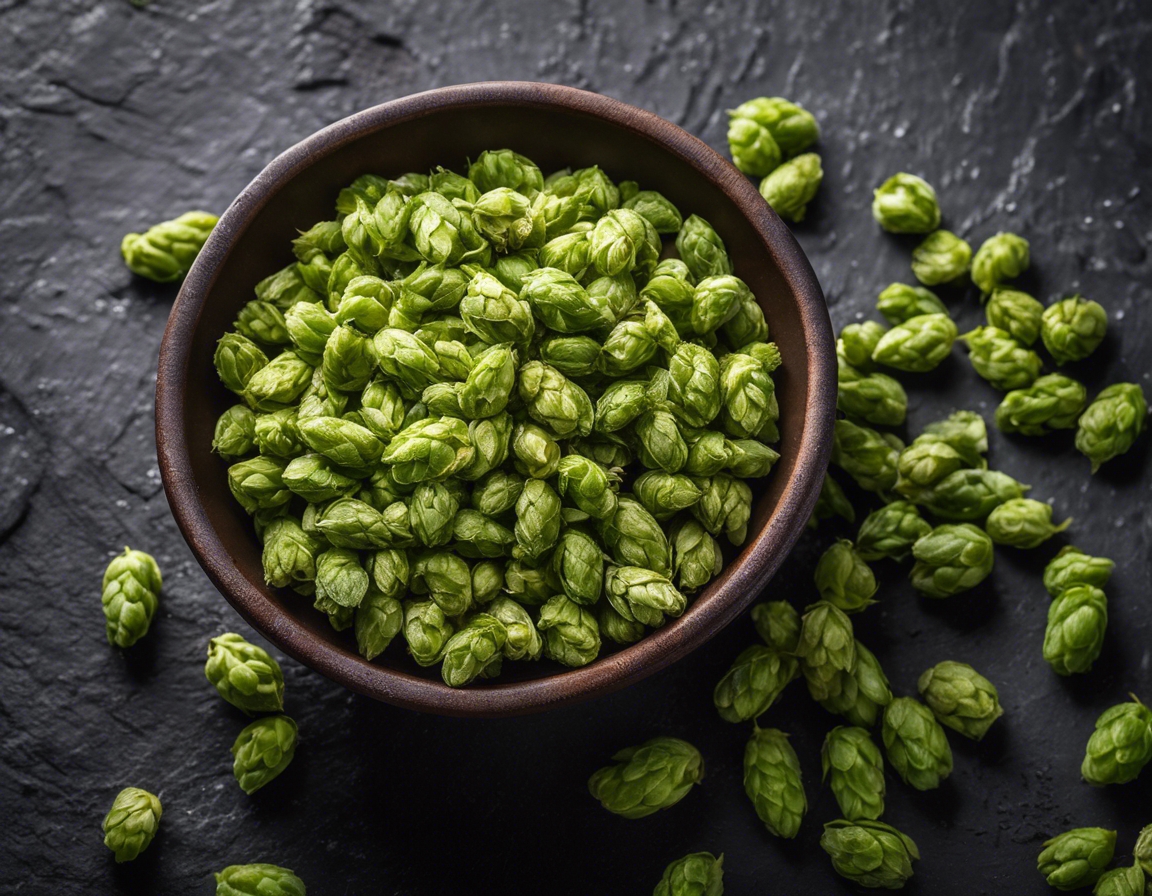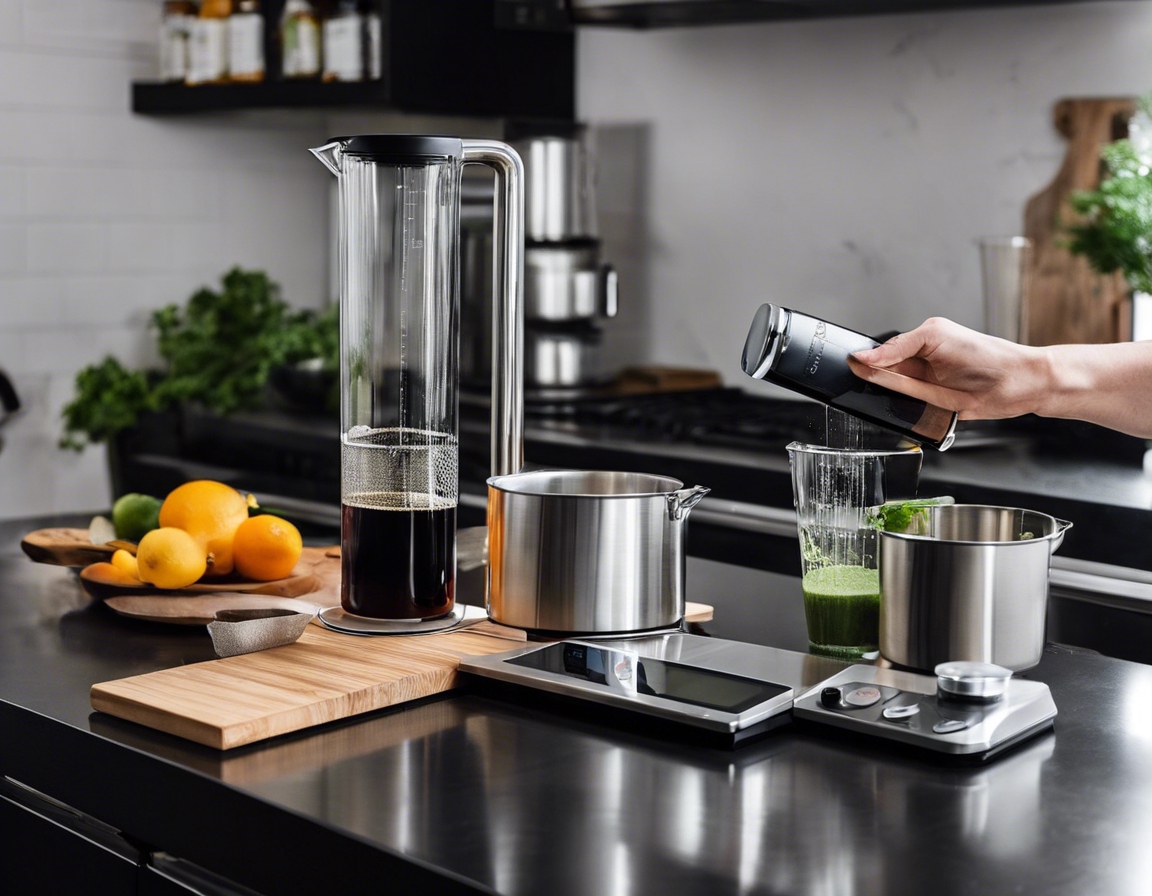5 tips for perfect fermentation every time
Fermentation is a metabolic process that converts sugar to acids, gases, or alcohol. It occurs in yeast and bacteria, and also in oxygen-starved muscle cells, as in the case of lactic acid fermentation. For homebrewers, fermentation is the magical step where wort (the sweet infusion of ground malt or other grain before fermentation) turns into beer.
Every step in the brewing process is important, but fermentation is where the true character of your beer is formed. The flavors, alcohol content, and clarity of your beer are all determined during this critical phase. That's why achieving perfect fermentation every time is the goal of every homebrewer.
Tip #1: Sanitation is Key
One of the most common causes of failed fermentation is contamination. Wild yeast and bacteria can outcompete your chosen yeast strain and spoil your brew. Sanitation is your first line of defense against these unwanted invaders.
Use a no-rinse sanitizer designed for brewing to clean all your equipment that comes into contact with your wort or beer after the boil. This includes fermenters, airlocks, siphons, and bottles. Make sure to follow the manufacturer's instructions for proper use.
Tip #2: Consistent Temperature Control
Yeast is sensitive to temperature, and different strains have different optimal temperature ranges for fermentation. If the temperature is too high or too low, it can lead to off-flavors or even stall the fermentation process.
Invest in a good quality fermentation chamber or temperature control system. This can be as simple as a dedicated fridge with a temperature controller or as sophisticated as a glycol-chilled conical fermenter. Consistency is key, so make sure whatever system you choose can maintain a steady temperature throughout the fermentation period.
Tip #3: Quality Ingredients Matter
The quality of the ingredients you use will directly affect the quality of your final brew. This means selecting high-quality malts, hops, yeast, and water. Each ingredient plays a crucial role in the flavor and success of your fermentation.
Using fresh, viable yeast is particularly important. Old or improperly stored yeast can result in poor fermentation. Similarly, the mineral content of your water can affect yeast health and flavor profiles, so consider using filtered or treated water if your tap water isn't ideal.
Tip #4: Oxygen Management
Oxygen is needed for yeast to multiply and begin the fermentation process, but too much oxygen, especially after fermentation has begun, can lead to oxidation and stale flavors. Managing oxygen levels is a delicate balance.
Introduce oxygen to your wort before pitching the yeast by shaking your fermenter or using aeration stones. Once fermentation is underway, minimize exposure to air by using airlocks and being careful when taking samples or transferring your beer.
Tip #5: Patience and Monitoring
Fermentation is not a process that can be rushed. Different beers require different fermentation times, and some high-gravity beers may need several weeks to fully mature. Rushing this process can lead to incomplete fermentation and a less than ideal final product.
Use a hydrometer or refractometer to monitor the specific gravity of your beer throughout the fermentation process. This will help you know when fermentation has completed and it's time to bottle or keg your beer. Keep detailed notes on each batch to learn and improve over time.






Comments (0)